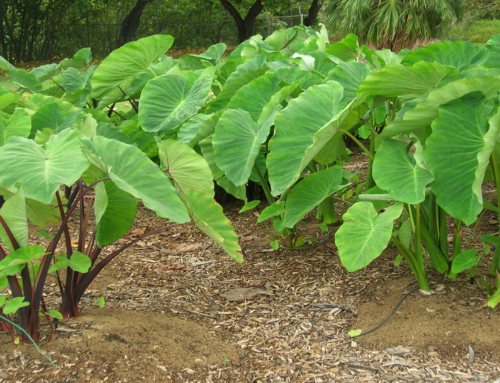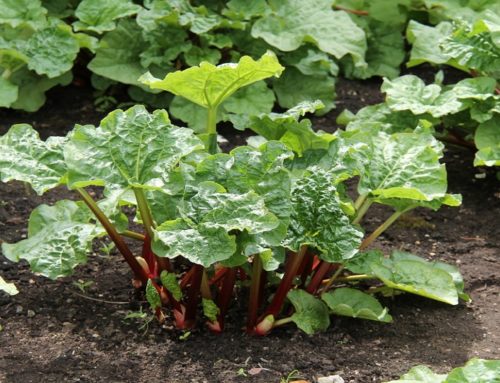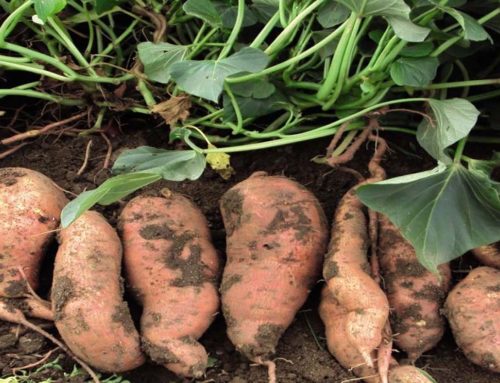Introduction: A balanced diet includes all essential components of food nutrients required for proper nutrition of our body. It includes carbohydrates, proteins, fiber, fat, sugar, minerals and vitamins.
Balanced Diet through Foods
- For carbohydrates: A diet based on starchy foods such as rice and pasta is recommended
- For protein: Eat protein- rich foods like meat, fish, pulses and lentils
- For vitamins and minerals: eat plenty of fruits and vegetables
- For dietary fiber: eat fiber-rich vegetables, fruits and nuts
Balanced Diet for Good Health: Balanced diet means eating a wide variety of foods in the right proportions. It is better to avoid ready-to-eat meals and processed foods as they contain high levels of fat, added sugar and salt. A balanced diet avoids over-consumption of fat, sugar and salt.
Food Groups
- Carbohydrates: Starchy foods, such as rice, pasta, bread and potatoes
- Protein: Meat, fish, eggs, pulses and beans; and milk and dairy foods
- Vitamins and Minerals: Fruits, nuts and vegetables
- Fat and Sugar: Foods containing fat and sugar
- Dietary Fiber: Whole grains, fruits and vegetables
Fruits and Vegetables: Fruit and vegetables are a vital source of vitamins and minerals. Your ideal consumption should be at least five portions of different varieties of fruits and vegetables every day. Scientific researches reveal that people who consume at least five portions of fruits and vegetables per day are at lower risk of heart diseases, stroke and some cancers.
Carbohydrate and Starch: Source of Energy
Starchy foods such as bread cereals, potatoes, pasta and maize are an important part of healthy diet. They are a good source of energy and the main source of a range of food nutrients in our diet. Starchy foods should make minimum one third of the amount of your daily diet.
Protein: Protein is essential for growth and repair of the body. They are also good sources of a range of vitamins and minerals. Around 15 per cent of the calories that we eat each day should come from protein-rich foods. Pulses are good source of vegetarian protein. Meat and fish are non-veg protein sources.
Milk and Dairy Foods: Milk, Curd, Cheese and Yoghurt are good sources of dairy proteins. They also contain calcium which helps to keep our bones healthy and strong. Some dairy products are high in saturated fat, which can raise blood cholesterol levels and increase the risk of heart disease.
Fat and Sugar: Fats and sugar are both good source of energy for the body. Over-consumption of sugar and/or fat releases more energy in your body than your body can burn; it means that you will put on weight eventually. This can also lead to obesity, which will increase the risk of type 2 diabetes, heart diseases and certain cancers. It is recommended to avoid over-dose of sugar and fat in a balanced diet.
Check out our publishing services here…
We publish top quality videos on various ‘Food & Agriculture’ topics. You may subscribe our video channel here…






